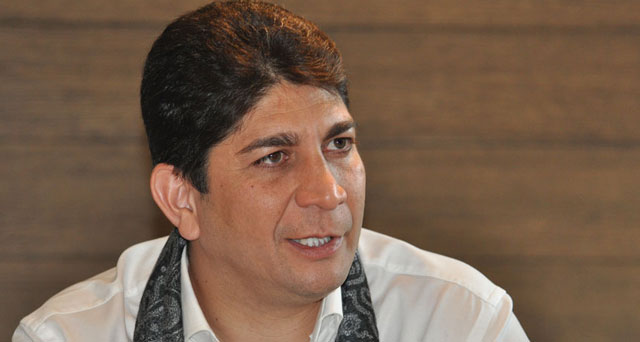
Vodacom is considering whether or not it should conclude another black economic empowerment deal, says newly appointed group CEO Shameel Joosub. However, no decisions are imminent.
Joosub says Vodacom wants “harmonisation” between requirements set out in the Electronic Communications Act and the recently published information and communications technology sector charter before making any decisions.
“Where we have a disconnect is the Electronic Communications Act and the codes are not aligned,” he says. “There seems to be a willingness to address the issue, but as yet it’s not fully been addressed. We want clarity on how will the two be aligned … before we can decide the size of the deal or whatever we need to do. We need one piece of legislation that we need to work towards.”
The Independent Communications Authority of SA has signalled that when it makes access to new spectrum available, which operators will be able to use to roll out fourth-generation mobile broadband, it will expect 30% of the equity of bidders to be in either black hands or the hands of historically disadvantaged individuals.
Joosub tells TechCentral that from an equity perspective, Vodacom already complies with the requirements of the charter, which stipulate that at least R7,5bn worth of its shares be in black hands.
The charter affects both listed and unlisted companies, with the former expected to show that 25,1% of their equity is in the hands of empowerment partners up to a maximum of R7,5bn of the company’s value.
Joosub says Vodacom is a level-3 empowerment contributor and that the company has “strong” empowerment shareholders in the form of Thebe Investment Corp and Royal Bafokeng Holdings.
“In terms of the new charter, there is more that we have to do in terms of enterprise development and so we will be doing more in terms of that going forward and also in terms of procurement,” he says. “From a social investment perspective we have done well.” — (c) 2012 NewsCentral Media




